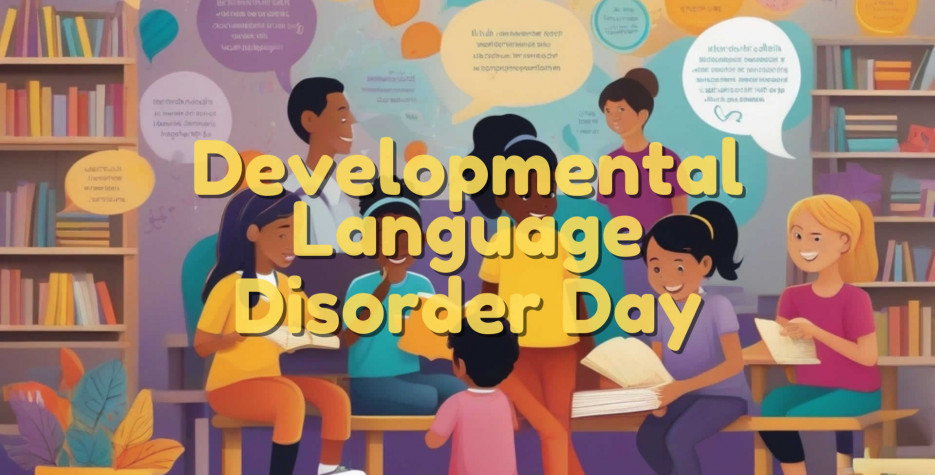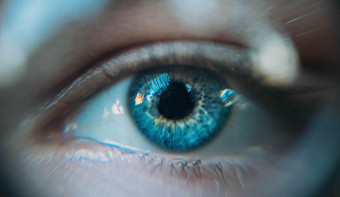About Developmental Language Disorder Day
Every year on the third Friday of October, a global event known as Developmental Language Disorder Day (#DLDday) brings people together from over 40 countries to shine a spotlight on a largely hidden yet remarkably common disability—Developmental Language Disorder (DLD). First launched in 2017, DLDday has grown into a powerful awareness campaign, encouraging conversations, education, and understanding of this complex condition.
What is Developmental Language Disorder?
Developmental Language Disorder (DLD) is a neurodevelopmental condition that affects about 1 in 14 people, making it more common than conditions such as autism or dyslexia. Despite its prevalence, DLD often remains under-recognized, even by those directly impacted by it. Individuals with DLD struggle with understanding and using language for reasons that are still not entirely clear. Unlike some other developmental disorders, there is no known cause for DLD, and it is not linked to hearing impairments, intellectual disabilities, or lack of exposure to language.
People with DLD may have trouble expressing themselves, finding the right words, constructing coherent sentences, or comprehending what others are saying. These challenges can affect their education, social relationships, and overall well-being. Yet, because there are no outward physical signs of the condition, DLD is often referred to as a "hidden disability."
Why #DLDday is Important
DLDday serves as an essential platform for raising public awareness about a condition that many still misunderstand or overlook. Awareness is critical, not only for the individuals who live with DLD but also for the families, educators, and professionals who support them.
The goals of DLDday include:
Increasing Visibility: By spreading the word about DLD, the day aims to make the condition better known and understood. This helps remove the stigma often associated with language difficulties and promotes a more inclusive society.
Fostering Early Identification and Support: Early detection of DLD can greatly improve outcomes for those affected. DLDday encourages parents, teachers, and health professionals to recognize the signs of DLD early on so that children can access the language support services they need as soon as possible.
Highlighting Research and Advocacy: DLDday also emphasizes the importance of ongoing research into the causes and treatment of DLD, while advocating for better support systems at local, national, and international levels.
Global Participation and Impact
Since its inception in 2017, DLDday has grown into a worldwide movement with participation from over 40 countries. Various organizations, schools, and communities host events, webinars, and social media campaigns to mark the day. The use of the hashtag #DLDday on platforms such as Twitter, Instagram, and Facebook allows for a widespread digital dialogue, ensuring that the message of DLD awareness reaches a broad audience.
In schools, students and educators are encouraged to wear yellow and purple—colors associated with the campaign—while participating in activities that promote language inclusivity. Health professionals, speech and language therapists, and advocacy groups host informational sessions and distribute resources to help people better understand the condition.
The Way Forward
The growing recognition of DLDday highlights that we are moving in the right direction, but there is still much work to be done. Greater research into the causes of DLD, more effective intervention strategies, and better support systems are key priorities for the future. More importantly, there is a need for an ongoing conversation about how we can create environments where individuals with DLD feel understood, supported, and valued.
By continuing to celebrate DLDday each year, we are taking meaningful steps towards a more inclusive and informed world, one that recognizes and addresses the challenges faced by those with Developmental Language Disorder. The hope is that, through education and advocacy, DLD will no longer remain hidden but will instead be acknowledged as a common condition that requires the attention and support it deserves.
Similar Observances
National Dress in Blue Day
Read More
World Glaucoma Day
Read More
Other Observances on October 16th 2026
World Bread Day 🍞
Read More
National Mammography Day
Read More










